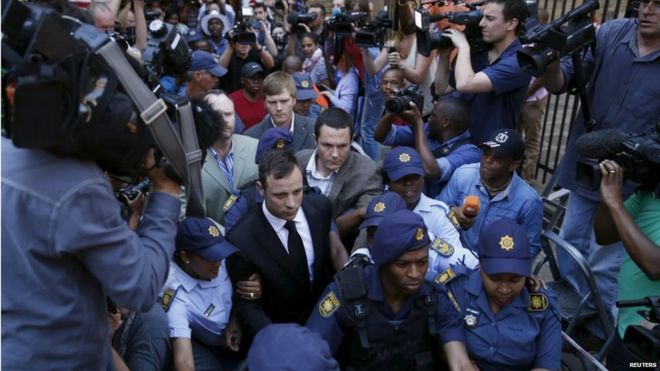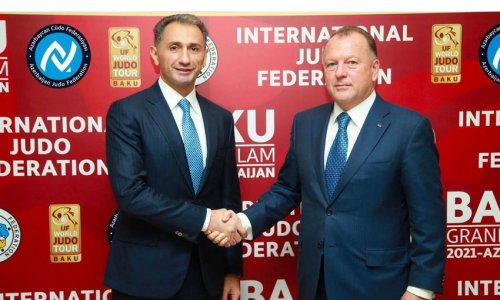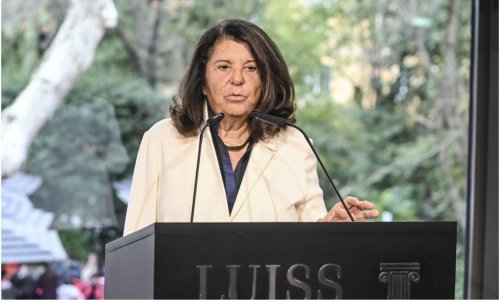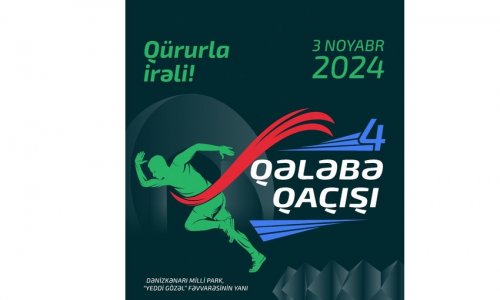For all the arguments about whether Oscar Pistorius should be released from prison early from his five-year sentence, one message is clear - he is not receiving preferential treatment.
South Africa's Justice Minister Michael Masutha, a qualified lawyer, said the original decision to release him after serving 10 months was taken "prematurely."
According to the South African Criminal Procedure Act, an offender must serve at least one-sixth of his sentence before he is eligible for early release.
Michael Motsoeneng, a lawyer who has been following this case for a long while, told me that thousands of prisoners will receive this as good news.
"It will bring certainty when they are not being considered for parole that no-one gets special treatment," he said
The minister was duty-bound to intervene because the law is very clear - "the decision to release an offender may only be taken after he has served one-sixth of his sentence," Mr Motsoeneng emphasised.
In Pistorius' case, the decision was taken in June - when he had served just eight months - to release him as soon as he had served the requisite 10 months.
For some, the proposal to release Pistorius so soon looks and feels unfair, but for others it is just the law.
A famous athlete shot four bullets into a toilet in his bathroom knowing full well that there was a human being behind the locked door.
But after a seven-month trial, Judge Thokozile Masipa found the double-amputee not guilty of murder. She instead found him guilty of a lesser charge of culpable homicide or manslaughter.
'Salt to the wound'
So what about the timing of the whole thing? We knew back in June that the department of correctional service would release Pistorius this week.
Political pressure from the Progressive Women's Movement of South Africa (PWMSA), a women's rights advocacy group. which includes the African National Congress Women's League - part of the governing party - seems to have made the difference.
It had petitioned the minister to exercise his powers not to allow Pistorius, also known as the blade runner, to be released from prison during August.
The group's convener, Jacqui Mofokeng told me that releasing Pistorius during South Africa's women's month was "like adding salt to the wound."
She added: "Ten months is not enough. This judgement was not favourable to women who are victims of violence by their spouses."
Crammed prisons
This section of the law exists partly because of overcrowding in South African prisons.
Hence the legal mechanism to allow those offenders whose parole board assessments show that they possess a record of good behaviour to be sent home early, to serve the remainder of their sentences at home.
The Department of Correctional Services' spokesman Logan Maistry told me that Pistorius was not receiving special treatment.
"We release people every day," he said.
"There are about 60,000 other offenders who are currently under correctional supervision," he said - about 27% of the total prison population.
Legal experts tell me that the Parole Review Board has up to four months in which to make a decision, so Pistorius will remain behind bars for some time yet.
But assuming he is eventually freed early, the Olympic sprinter will be released to his uncle's house in a leafy suburb of Pretoria to complete the rest of his five-year sentence, provided his good-behaviour record still stands.
However, it is not clear what he will do with his time at home.
During the trial last year, prison service social worker Joel Maringa, testifying for the defence, recommended that the athlete could spend three years of partial house arrest and do 16 hours of community service each month, like cleaning a museum in Pretoria.
But under cross-examination from prosecutor Gerrie Nel, Mr Maringa admitted that Pistorius had told him that correctional supervision would allow him to resume his athletic career, while still officially serving his sentence.
It is not clear whether the athletics authorities would allow this.
However, given the four-month timeframe, it is highly unlikely that Pistorius will be freed before the prosecution's appeal against his acquittal on murder charges is heard in November.
If that decision is overturned, his sentence would be increased to a minimum of 15 years and the question of his early release will be pushed well into the future.
(BBC)
www.ann.az
Follow us !











